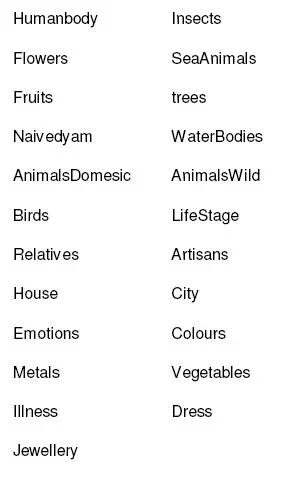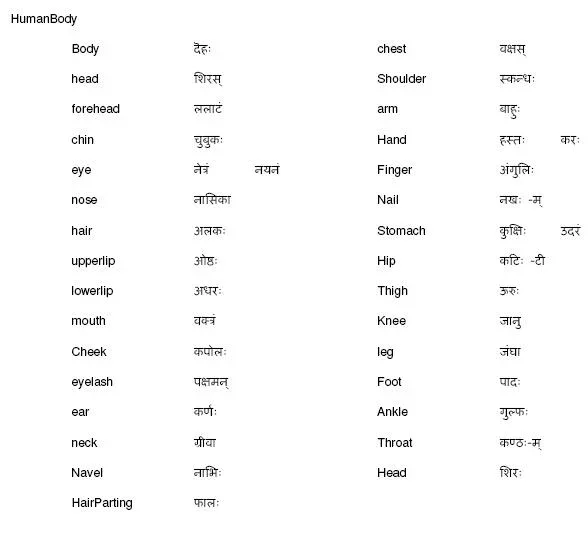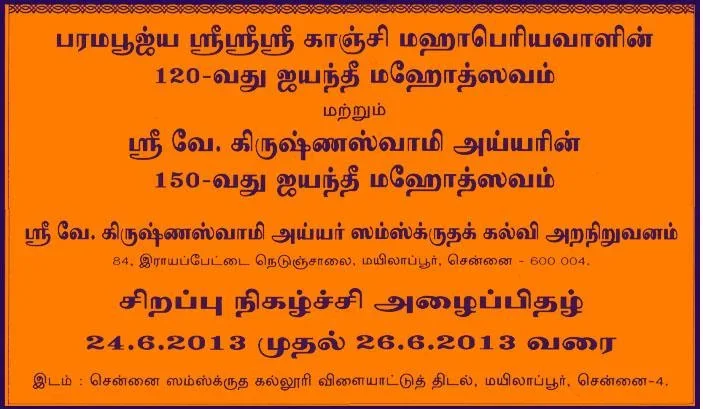Dear Friend,
At the outset I wish to say that there is nothing wrong in reading our systems of Philosophy with the help of good books available to us. If we have some basic knowledge of Sanskrit it will help us more in understanding the wonderful letrature and poems available in that language. To study Vedas we need proper guidance, better to undergo training in Patasalas as full time students.
Regards,
a relative of mine, after he retired, took up the study of vedas seriously. he had a sanskrit scholar come to his house, and spend close to 6 hours a day from the teacher, followed by another 12 hours of self study.
in about 3 years he was able to read any sanskrit document, and in 5 years he started producing research papers on his findings.
the kanchi mutt, the previous head, titled him, 'ved aasrami'
ofcourse this man was interested and dedicated. so , i i think it is possible for anyone with interest, with devotion and time, to pick it up. one hour a day, once or twice a week, i think, might as well, not start at all.
since he is long dead and gone, here is a url quoting his works...he has produced volumnous works, based on hindu scriptures and law (which was his profession)
v.n.subramania iyer ..in the encylopaedic dictionary of dharmasasthra...v.n.subramania iyer (here it is on 'adoption of alliyasanthana law'.)
Last edited:



